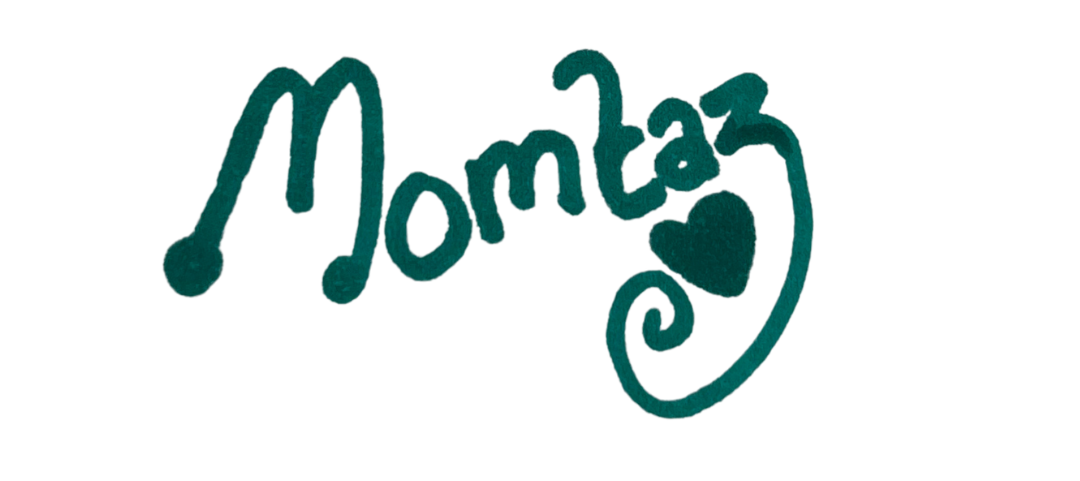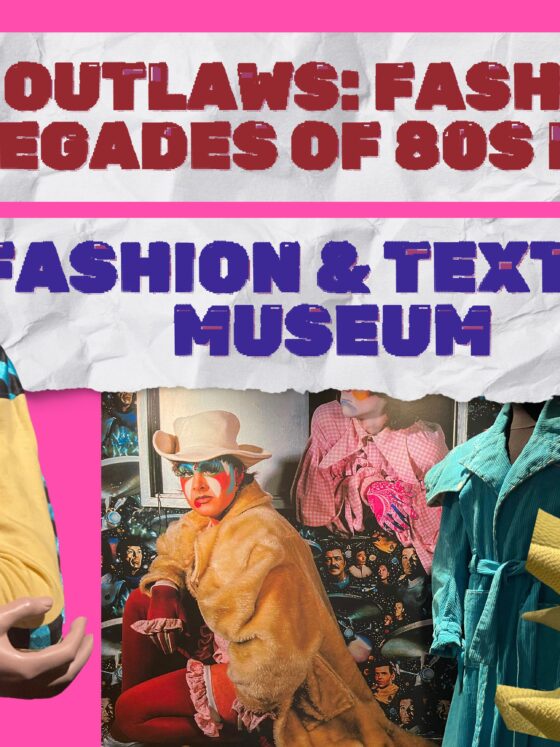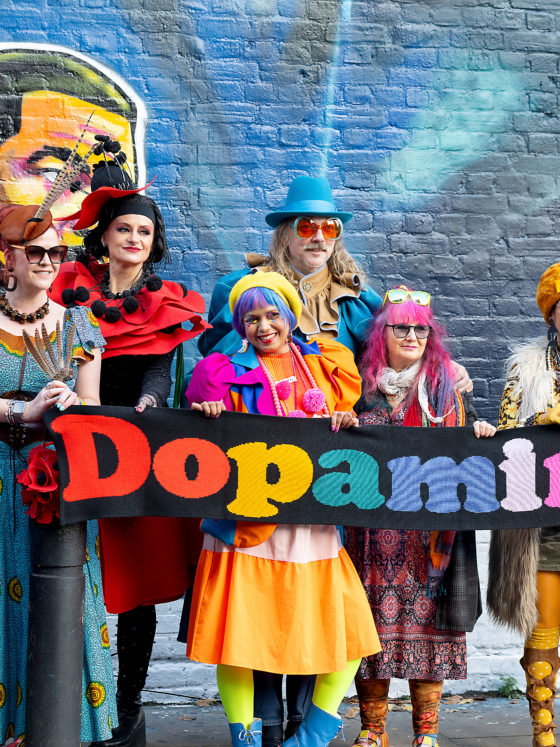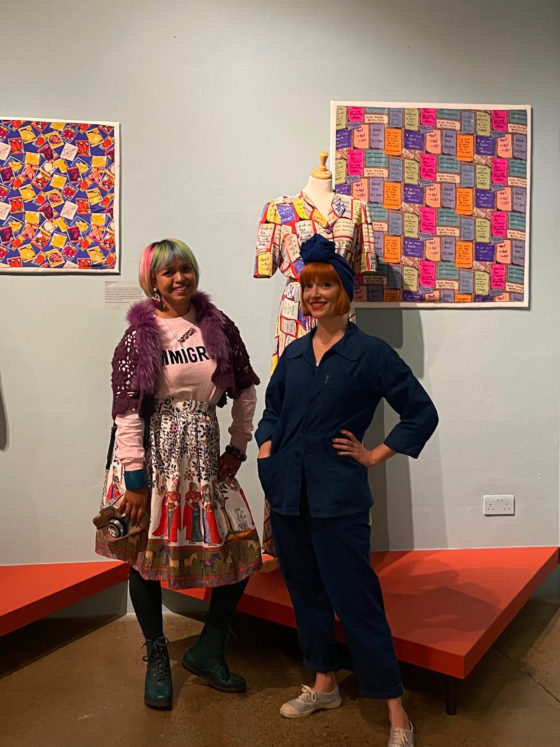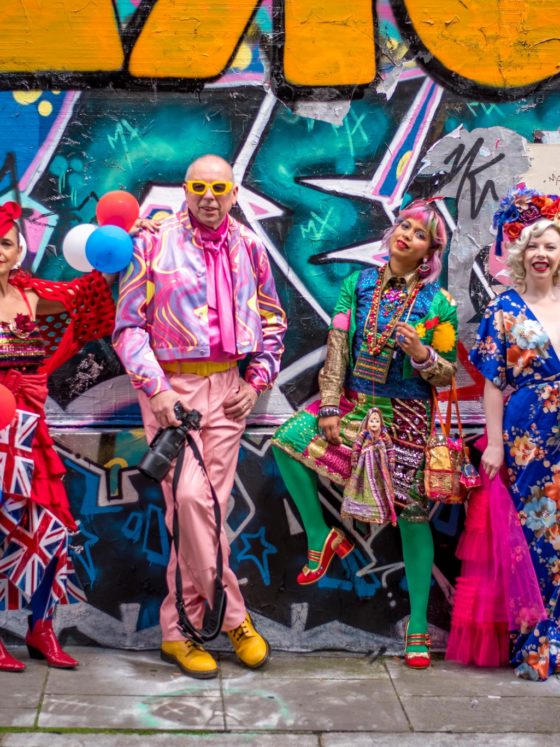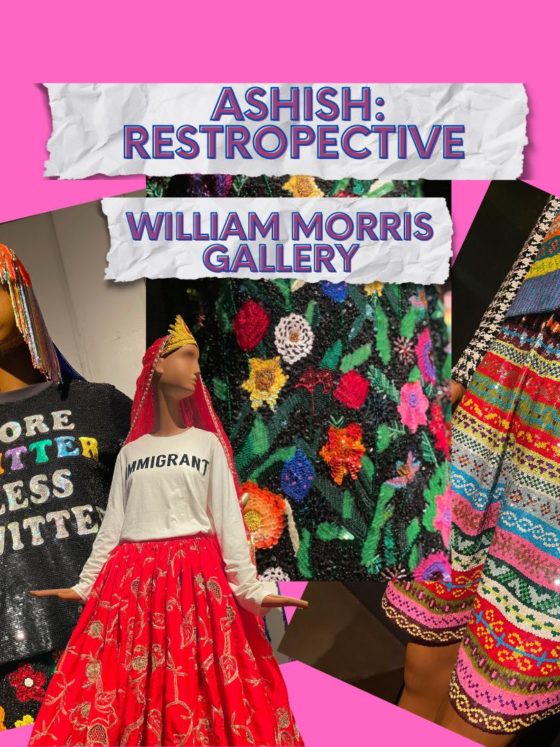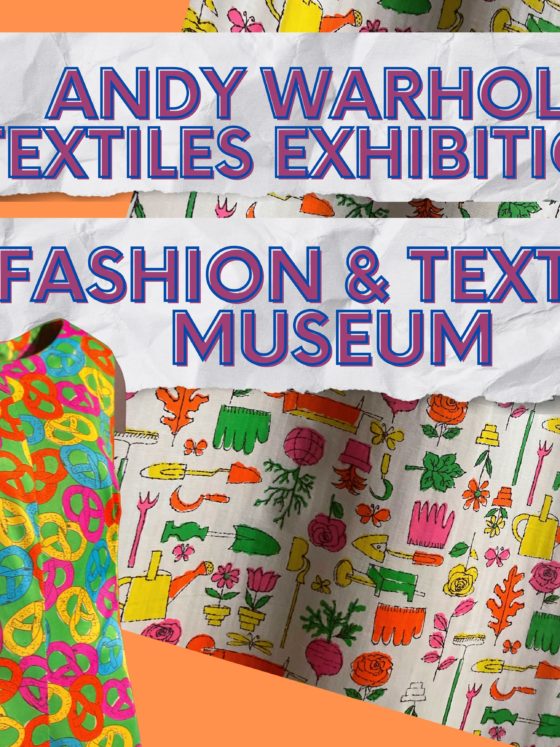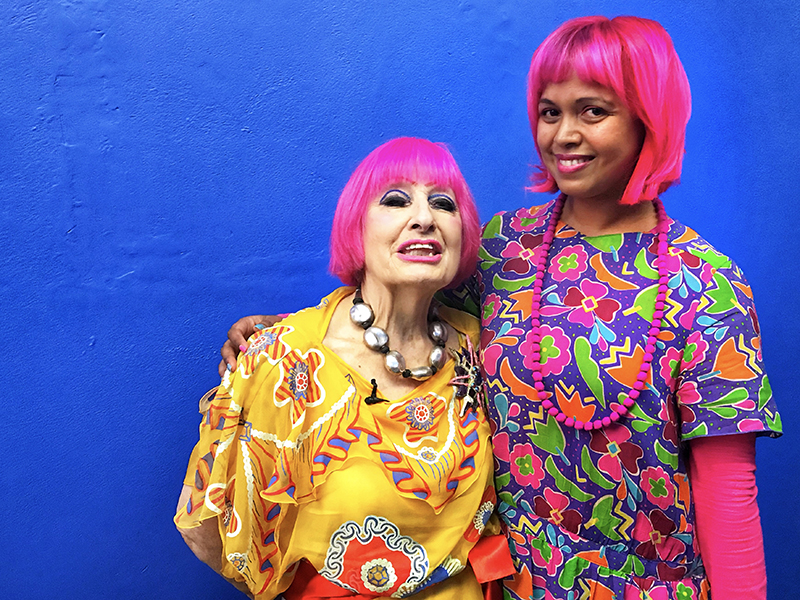Breaking Fashion: why has the BBC commissioned a TV programme that promotes fast fashion?
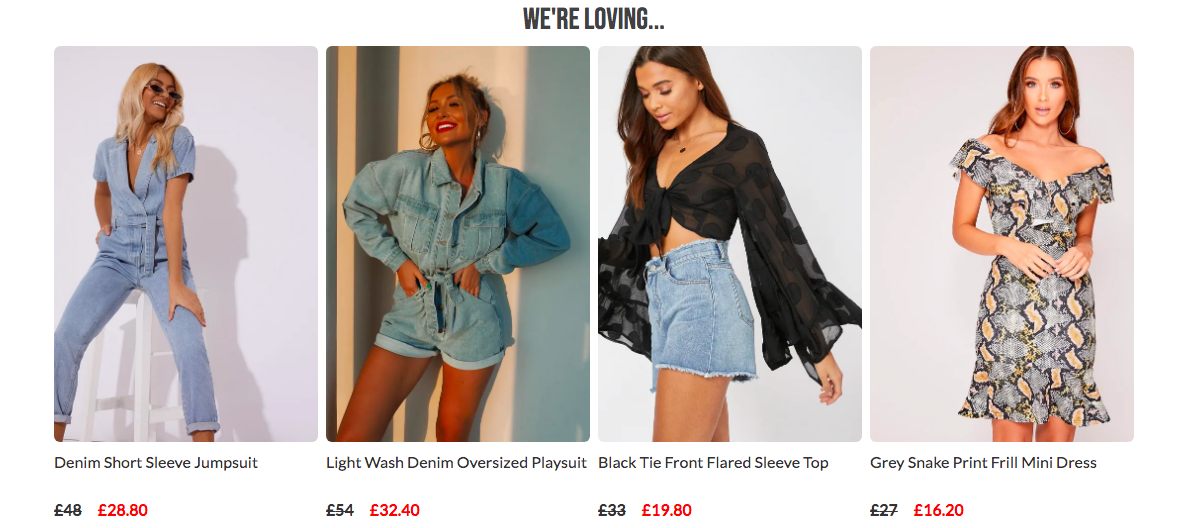
There’s one word to sum up the BBC’s new style show Breaking Fashion: Appalling.
For those of you who haven’t heard of it let me explain. Breaking Fashion is a six-part fly-on-the-wall style documentary that’s currently screening in the UK on BBC3. It follows Salford based online fashion brand In The Style who are aiming to take on other ‘leaders’ in the world of fast fashion. And here lies the biggest problem. The Concept.
“The Company started up a year after the rana plaza factory disaster”
In episode one we’re fed a rag-to-riches tale of the CEO who left school at 15, started the company with £1000 and within five years has seen it turn around £30million. 5 years ago? That is a year after the Rana Plaza factor disaster happened where around 1,134 garment workers were killed in Dhaka, Bangladesh and while the rest of the industry was trying to reform their ways (a questionable topic, but not for this blog post), he seemed to spot the potential for cashing in and exploiting the industry further. Any one with an ounce of humanity would instead have looked at a new way of launching a fashion brand that was ethical and put people first – not Adam Frisby.
“they put out a new collection every two weeks”
In the first episode he tells us he ‘puts out a collection every two weeks.’ We witness one of his staff on the phone to China insisting they sew an outfit from scratch and have it sent to them within 48 hours so that influencer Lorna Luxe can wear it for a shoot. Now call me crazy but if it was that urgent, then maybe they could have paid a UK designer a proper wage to create the sample rather than put extra strain on their Chinese suppliers and contribute to the system of modern slavery. I’m not exaggerating. A report carried out by the UK government in 2016 called ‘Fixing Fashion’ states that they spoke to 71 UK retailers and 77% admitted that there was some ‘modern slavery’ in their supply chain. I’ll just leave that to sink in…
“There is virtually no ethnic diversity on the brand’s instagram feed’
Our influencer Lorna handpicks several influencers to accompany her on a luxury photoshoot to the south of France where they can all be photographed wearing the brand’s latest collection, a collaboration with Lorna herself. And here’s where there’s another major flaw in this show. Every single one of the girls are clones of each other – slim, young, white women with long hair. There is virtually no ethnic diversity on the brand’s Instagram feed – for as far down as I could bear to scroll there’s not even one black girl, let along of any other ethnicity.
I’m fully aware that the BBC have made a number of documentaries on the problems and implications of ‘fast fashion’ and maybe they think for balance they should show the other side of the story….but what is that ‘other side’?
- That a brand sells 40,000 outfits in an hour that have been made in exploitative conditions?
- That so many organisations and people are working so hard to bring climate change and environmental matters to the top of the public’s conscious and that this is being undone by promoting the ‘glamorous lifestyle’ of changing your wardrobe every fortnight?
“One of the BBC’s worst commissioning ideas”
- Oh and that if you don’t look a certain way these clothes aren’t for you anyway?
Fashion is undoubtedly a hot topic for BBC Three’s ‘young audience’ so it’s not surprising a bunch of TV execs sat down and decided they wanted a fashion show. But creating a six part series that promotes the fast fashion industry is the worst commissioning idea they could possibly have allowed.
The show launched in September, the same month that charity Oxfam launched their sustainable fashion #SecondHandSeptember campaign – a month of encouraging people to sign up for a month of only buying clothes that are second-hand in order to reduce fast fashion and its impact on the environment, so why did the BBC decide to launch this show at the same time?
This brand are getting ‘six weeks’ of free exposure which means the BBC are playing a role in the promotion of them. And though it started on BBC Three, it now has repeats on BBC1 which means it will reach an even wider audience.
As I said at the beginning. Appalling.

